6 start with E start with E
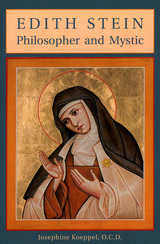
The twentieth anniversary of the beatification of Edith Stein (1891–1942), the accomplished Jewish philosopher who made a spiritual journey from atheism to agnosticism before eventually converting to Catholicism, will be celebrated in 2007. In Edith Stein: Philosopher and Mystic, Josephine Koeppel chronicles the life of this influential saint from her secular youth and entrance into a German monastery to her tragic death at Auschwitz. This accessible work will reward readers of all faiths interested in the life of a remarkable woman who changed the modern conception of sainthood.
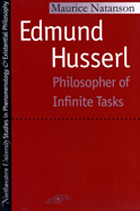
The product of many years of reflection on phenomenology, this book is a comprehensive and creative introduction to the philosophy of Edmund Husserl. Natanson uses Husserl's later work as a clue to the meaning of his entire intellectual career, showing how his earlier methodological work evolved into the search for transcendental roots and developed into a philosophy of the life-world. Phenomenology, for Natanson, emerges as a philosophy of origin, a transcendental discipline concerned with consciousness, history, and world rather than with introspection and traditional metaphysical warfare.
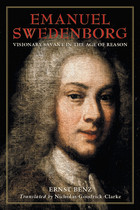
Originally written more than fifty years ago by eminent scholar Ernst Benz, this volume stands as one of the most comprehensive biographies of Emanuel Swedenborg (1688–1772) ever published.
Benz examines Swedenborg’s life through the lens of the intellectual atmosphere of the eighteenth century. Growing up at a time when the classical view of the world was being challenged by the new philosophers and scientists of the Enlightenment, Swedenborg was deeply immersed both in the religious teachings of the Lutheran church and the explorations of rational science. His quest for understanding eventually led to his spiritual awakening and the unique insights that continue to inspire seekers and thinkers today.
Now available for the first time in paperback, Nicholas Goodrick-Clarke’s eminently readable translation shines a new light on the Swedish seer.

A well-known art historian and an intimate friend of Heidegger's, Heinrich Wiegand Petzet provides a rich portrait of Heidegger that is part memoir, part biography, and part cultural history. By recounting chronologically a series of encounters between the two friends from their meeting in 1929 until the philosopher's death in 1976, as well as between Heidegger and other contemporaries, Petzet reveals not only new aspects of Heidegger's thought and attitudes toward the historical and intellectual events of his time but also the greater cultural and social context in which he articulated his thought.
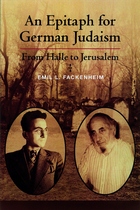
“An ‘epoch-making’ autobiography.”—Arnold Ages, Jewish Tribune
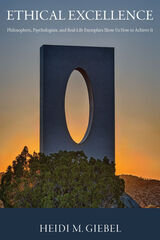
READERS
Browse our collection.
PUBLISHERS
See BiblioVault's publisher services.
STUDENT SERVICES
Files for college accessibility offices.
UChicago Accessibility Resources
home | accessibility | search | about | contact us
BiblioVault ® 2001 - 2024
The University of Chicago Press









